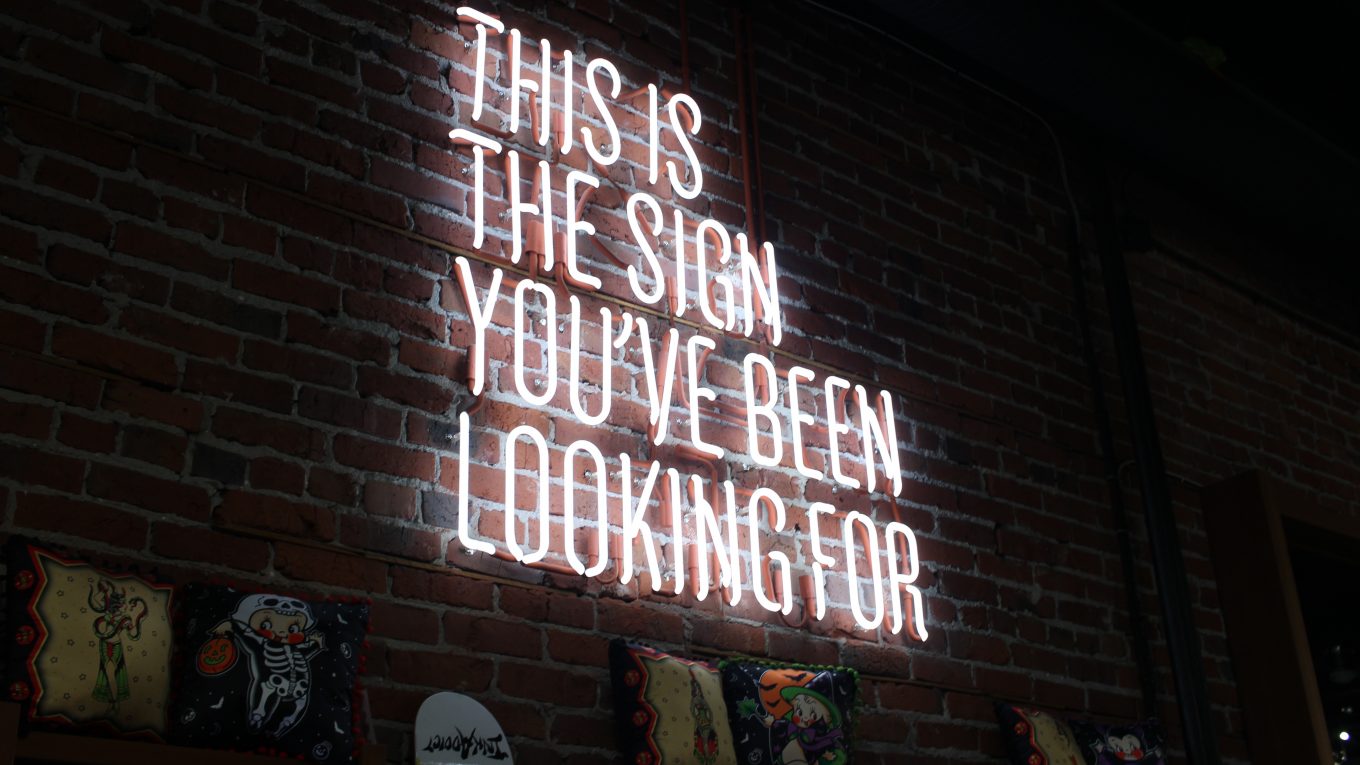After the question
So the question was framed and some serious searching has happened to link this question to the research. This is where I have to admit … the more I think I know, the less I really know. The more I found and read, the more I realized I’ve only just scratched the surface. I did the searching through the online library catalogues but now realize that even when using ‘search all’, it’s not searching all, or finding all, or even finding the ones I think I need. I need to be methodical in the searching process, as I’ve mentioned in Tracking My Research, to make sure I’ve captured the research in a given area. I need to bring these diary entries of my searches to my next session with the librarian in my faculty, to extend and enhance what I am currently doing. This is what comes after the question.
I’ve collected an additional pile of readings that will somehow relate to my question and research purpose. After the question also means there is more reading to get done. Going through the journal articles, book chapters, web sites, video options can be tiring and tedious, but here is where my growing skill to skim, scan and move on is coming in handy. Even with this new found ability to get the key elements in a piece of research, there are still times when an article resonates and requires a deeper read. These also take time, but can be worth the effort. These are the articles that I’ll draw on when I’m writing. These are the ones that are memorable for some element that supports my research question or my argument to why it’s important. These periods of deep reading happen after the question. The question helps shape my reading.
The one skill I will work on developing is the ability to pull a key piece of information into my research writing, as I need it – my version of ‘just-in-time learning’. It’s the ability to remember just which article it was that a particular idea or series of words will fit neatly into my writing. This sometimes happens serendipitously, but most often happens by going back into the articles, checking the notations and highlighting, and also searching the pdf file for the key words I may vaguely remember reading. I’m not sure yet if NVivo will be the right tool to do this, but maybe after this question gets answered, and this research paper gets finished, I can move on to the next question. That’s what happens after the question … there’s always a next question! So on we go!
